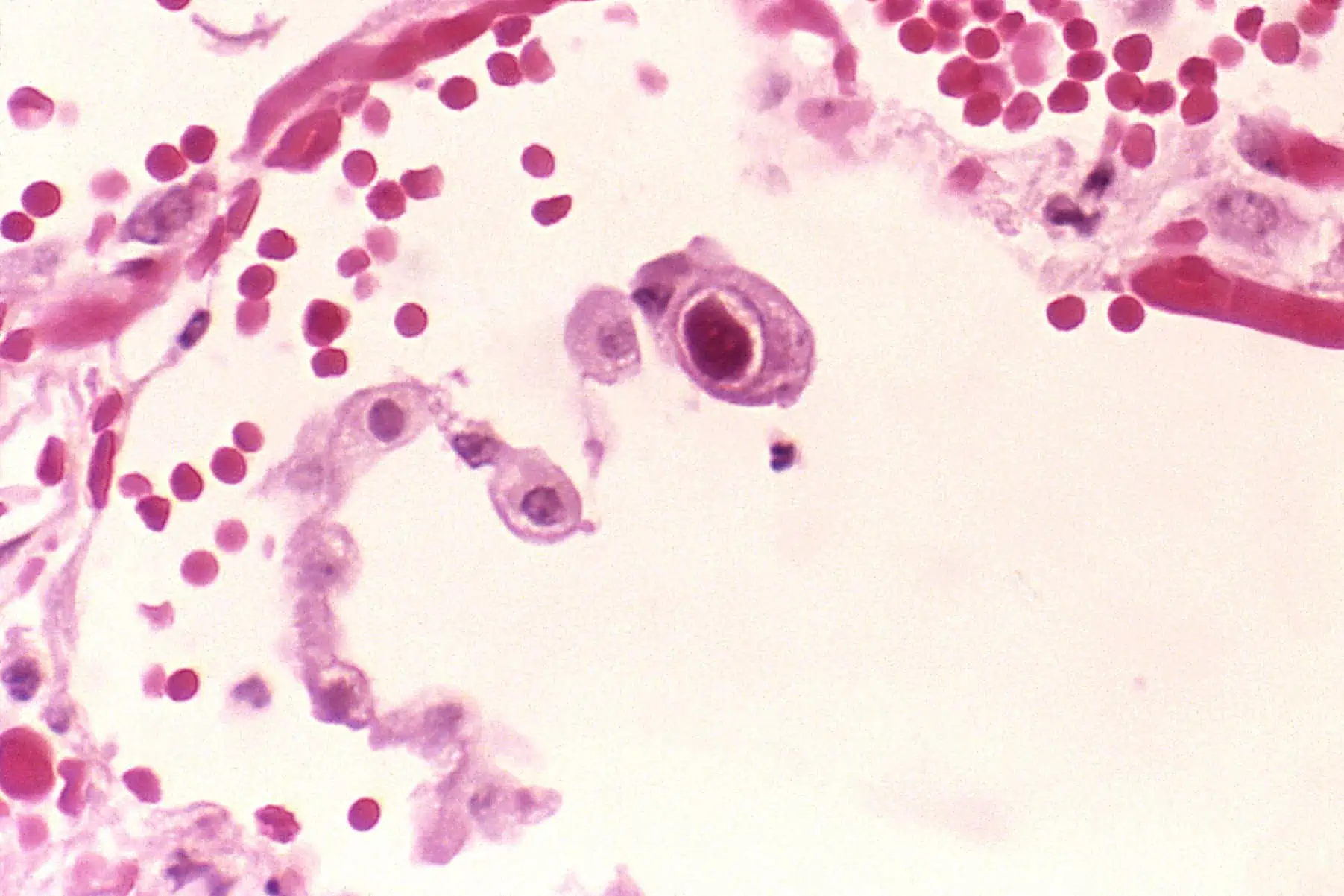Doctor reveals pig heart transplant patient probably died due to pig virus
3 min. read
Published on
Read our disclosure page to find out how can you help MSPoweruser sustain the editorial team Read more

We saw a big breakthrough in the medical field earlier this month when a man named David Bennett Sr received a heart of a pig for his xenotransplantation or animal-to-human transplant. Unfortunately, the man died in March. The initial the hospital said that the reason for Bennet Sr’s death was unknown. However, in April, Bartley Griffith, the transplant doctor from the Bartley Griffith of the University of Maryland, confirmed that the transplanted heart was infected with porcine cytomegalovirus — a swine virus that can damage the organ, though won’t infect the human cells.
Bennett Sr underwent the transplant after suffering from severe heart disease. The heart that was given to the patient was genetically modified. It was taken from a genetically modified pig raised by biotechnology company Revivicor. With this, there was a claim that the hearts produced by the company should be free from the said virus. Nonetheless, Joachim Denner, a virologist at the Free University of Berlin, has a detailed explanation about it.
“It’s a latent virus and hard to detect,” Denner told the MIT Technology Review. “But if you test the animal better, it will not happen. The virus can be detected and easily removed from pig populations, but unfortunately they didn’t use a good assay and didn’t detect the virus, and this was the reason. The donor pig was infected, and the virus was transmitted by the transplant.”
Revivicor didn’t comment about what Denner stated, and there’s still no clarity on how the virus contributed to the death of Bennett Sr. Yet, Griffith believes that the virus “maybe was the actor, or could be the actor, that set this whole thing off.” With this, the doctor said that the team is “beginning to learn why he passed on” and that “if this was an infection, we can likely prevent it in the future.”
On a positive note, some surgeons believe that if the virus was really the reason for the experiment’s failure, it would not be entirely a problem at all for xenotransplantation. Since the virus can be detected through various procedures, this can be prevented. Some also suggested that gene-modified organs can theoretically beat for years and that heart xenotransplant free from the virus would be able to survive longer. It is supported by the experiment conducted by German researchers who transplanted pig hearts to baboons: the hearts with the virus only lasted for two weeks, while those free from it survived for more than 6 months.
In the end, Denner stressed that the case of Bennet Sr shouldn’t be linked entirely to the virus. “This patient was very, very, very ill. Do not forget that,” he said. “Maybe the virus contributed, but it was not the sole reason.”








User forum
0 messages